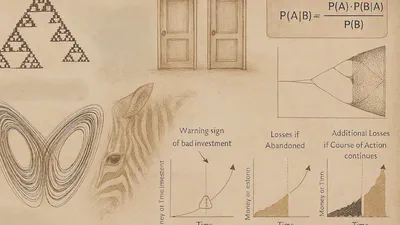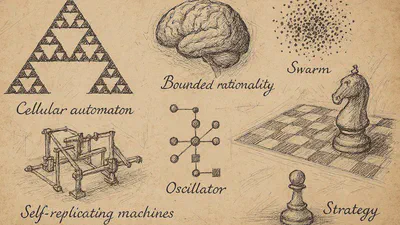The Monty Hall Problem in Digital Transformation: Overcoming Cognitive Biases
Despite aiming for rational decisions in digital initiatives, we often fall prey to cognitive biases like the sunk cost fallacy and the tendency to stick with initial choices, as …

